MDMA: Understanding the Party Drug, Addiction, and Recovery
Welcome to Mountain’s Edge Recovery, a trusted resource for individuals and families seeking information and support for substance abuse and addiction issues. In this article, we will delve into the world of MDMA, including what it is, its effects on the brain, its role in substance abuse, causes and risk factors, the DSM-5 criteria for MDMA addiction, side effects of MDMA addiction, withdrawal symptoms, and available treatment options.
What Is MDMA?
MDMA, also known as “Ecstasy” or “Molly,” is a synthetic drug that alters mood and perception. It is chemically similar to both stimulants and hallucinogens and is popular in party and club scenes for its mood-enhancing effects. MDMA is usually consumed in pill or capsule form.
Effects of MDMA on the Brain
Understanding how MDMA affects the brain is crucial:
- Increased Serotonin: MDMA primarily works by increasing the release of serotonin, a neurotransmitter associated with mood regulation and feelings of happiness.
- Euphoria and Empathy: Users often experience euphoria, increased energy, and enhanced emotional closeness and empathy.
- Neurotoxicity: Prolonged or heavy use of MDMA can lead to damage in serotonin-producing neurons, potentially affecting mood and cognitive function.
- Risk of Dependency: While MDMA is not as physically addictive as some other substances, it can lead to psychological dependence, with cravings and withdrawal symptoms.
MDMA and Substance Abuse
MDMA’s mood-enhancing effects and potential for misuse make it a significant contributor to substance abuse issues:
- Gateway to Addiction: Some individuals who experiment with MDMA may progress to using other substances.
- Dependency Risk: Regular and long-term MDMA use can lead to psychological dependence, increasing the risk of addiction.
- Health Risks: MDMA use can result in adverse health effects, including dehydration, heatstroke, and cognitive impairment.
Causes and Risk Factors
Several factors contribute to the development of MDMA addiction:
- Frequency of Use: Frequent and ongoing use increases the risk of dependence.
- Genetics: A family history of addiction can increase the risk of MDMA dependence.
- Co-occurring Disorders: Underlying mental health issues, such as depression or anxiety, may contribute to MDMA misuse as a form of self-medication.
- Social and Peer Influence: Peer pressure and a social environment where drug use is prevalent can encourage MDMA abuse.
DSM-5 Criteria for MDMA Use Disorder
The Diagnostic and Statistical Manual of Mental Disorders (DSM-5) outlines criteria for diagnosing MDMA Use Disorder. A diagnosis may be made if an individual meets at least two of the following criteria within a 12-month period:
- Taking MDMA in larger amounts or for longer periods than intended.
- Unsuccessful attempts to cut down or control MDMA use.
- Spending a significant amount of time obtaining, using, or recovering from the effects of MDMA.
- Craving or a strong desire to use MDMA.
- Failure to fulfill major role obligations at work, school, or home due to MDMA use.
- Continued MDMA use despite social or interpersonal problems caused or exacerbated by its effects.
- Giving up or reducing important social, occupational, or recreational activities because of MDMA use.
- Using MDMA in situations where it is physically hazardous.
- Continued MDMA use despite knowing it is causing or worsening a physical or psychological problem.
- Tolerance, as defined by needing more MDMA to achieve the desired effect or experiencing reduced effects when using the same amount.
- **Withdrawal symptoms when not using MDMA.
Side Effects of MDMA Addiction
MDMA addiction can lead to numerous detrimental side effects, including:
- Cognitive Impairment: Long-term use can result in memory problems, impaired judgment, and difficulties with concentration.
- Psychiatric Symptoms: Users may experience anxiety, depression, and mood swings.
- Physical Health Decline: MDMA use can result in dehydration, heatstroke, and liver and kidney problems.
- Social Isolation: MDMA addiction can strain relationships and lead to social withdrawal.
Withdrawal Symptoms
When individuals with MDMA addiction attempt to quit or reduce their use, they may experience withdrawal symptoms, which can be uncomfortable and challenging to endure. These symptoms may include:
- Cravings for MDMA
- Fatigue and excessive sleepiness
- Irritability and mood swings
- Loss of appetite
- Anxiety and restlessness
Treatment for MDMA Use Disorder
Mountain’s Edge Recovery offers comprehensive, evidence-based treatment for individuals struggling with MDMA addiction. Our programs address the physical, psychological, and social aspects of addiction and recovery.
Our treatment options may include:
- Counseling and Therapy: Individual and group therapy to address the underlying causes of addiction and develop coping strategies.
- Medication-Assisted Treatment: Medications to manage cravings and withdrawal symptoms, when appropriate.
- Holistic Approaches: Incorporating mindfulness, fitness, and nutrition into treatment plans.
- Aftercare and Support: Ongoing support and relapse prevention strategies to promote long-term recovery.
If you or a loved one is struggling with MDMA addiction, please reach out to Mountain’s Edge Recovery. We are here to provide guidance and support on your journey to recovery, offering hope and a brighter future. Contact us today to take the first step toward a healthier, addiction-free life.

